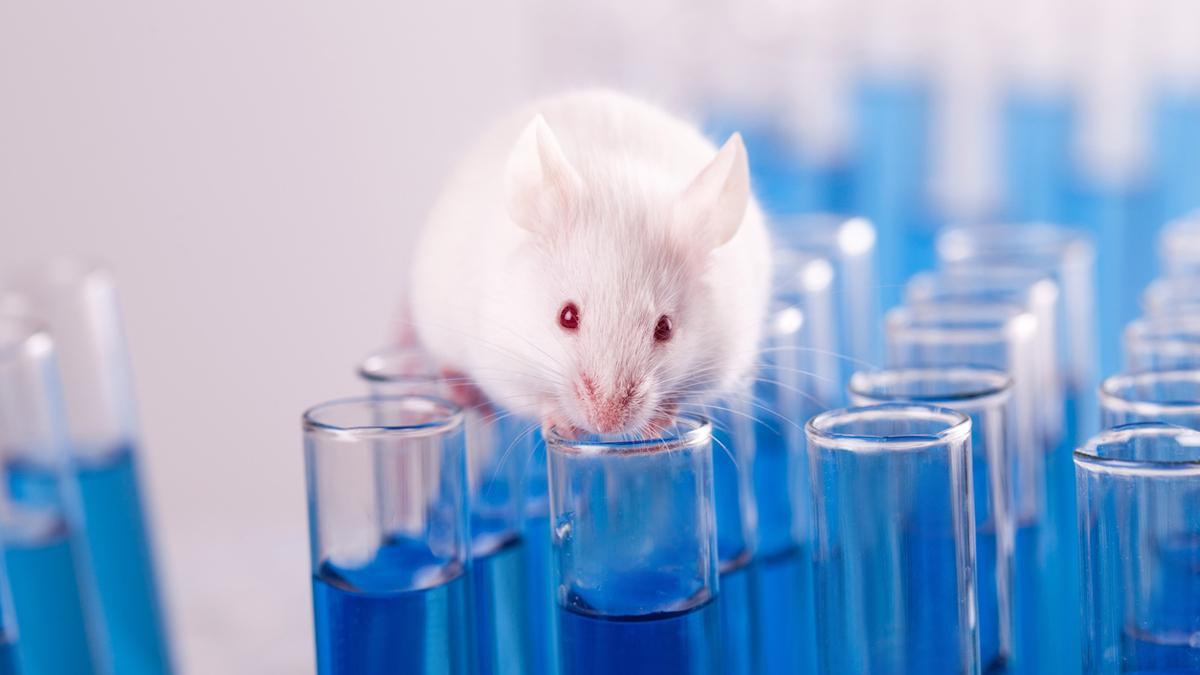FDA plans to phase out animal testing for antibodies

The FDA has said it intends to reduce or replace animal testing of some medicines, including monoclonal antibodies, with other methods that it hopes will be more relevant to human physiology.
Among the alternatives under consideration are artificial intelligence (AI) and computational methods that could predict safety in silico, human cell lines, and 'organoids' – organ-like structures made from human cells and tissues – that could serve as lab models.
According to a statement issued by new FDA Commissioner Martin Makary, the intention is to "improve drug safety and accelerate the evaluation process, while reducing animal experimentation, lowering…R&D costs, and ultimately, drug prices."
Within the next 12 months, the agency intends to start a pilot study that will allow selected antibody developers to use non-animal testing methods in their programmes, in consultation with the FDA.
The move has been applauded by animal rights organisation People for the Ethical Treatment of Animals (PETA), which called it a "significant step forward" in its goal to end all animal testing of medicines.
Since 1938, animal testing has been required by the FDA before any new drug can proceed through clinical trials and receive approval for human use, but recent legislative changes – specifically the FDA Modernization Act 2.0 – removed references to animals and replaced them with 'non-clinical' tests.
The shift has come amid rising awareness that differences in animal and human physiology make the approach flawed, and that may be one reason why so many new drug development programmes fail at the clinical trials stage. For its part, the FDA has a stated ambition to "encourage and accept scientifically valid alternatives to animal testing," referring to them as new approach methodologies or NAMs.
The regulator has published a roadmap (PDF) describing its plan to accelerate the validation and adoption of human-relevant NAMs and said it will now update its guidelines to allow consideration of data using the methods.
"For too long, drug manufacturers have performed additional animal testing of drugs that have data in broad human use internationally," said Makary.
"This initiative marks a paradigm shift in drug evaluation and holds promise to accelerate cures and meaningful treatments for Americans while reducing animal use," he added.
"By leveraging AI-based computational modelling, human organ model-based lab testing, and real-world human data, we can get safer treatments to patients faster and more reliably, while also reducing R&D costs and drug prices."
FDA resources under strain
The initiative – while welcome – does, however, come at a time of massive disruption at the regulator, caused by a massive cull of its workforce and leadership under the Trump administration, which some commentators have suggested could affect its ability to function effectively.
Former FDA Commissioner David Kessler – who served under presidents George HW Bush and Bill Clinton – was among experts who testified at a House Oversight Committee hearing this week that reduced capacity at the FDA means that it is now harder to regulate illicit products and could lead to regulatory reviews of new products being delayed.
"We've lost 1,000 person-years of expertise in a few weeks," said Kessler, referring to the loss of around 4,500 staffers at the FDA in just a few weeks. "I think they're endangering the lives of all Americans."












